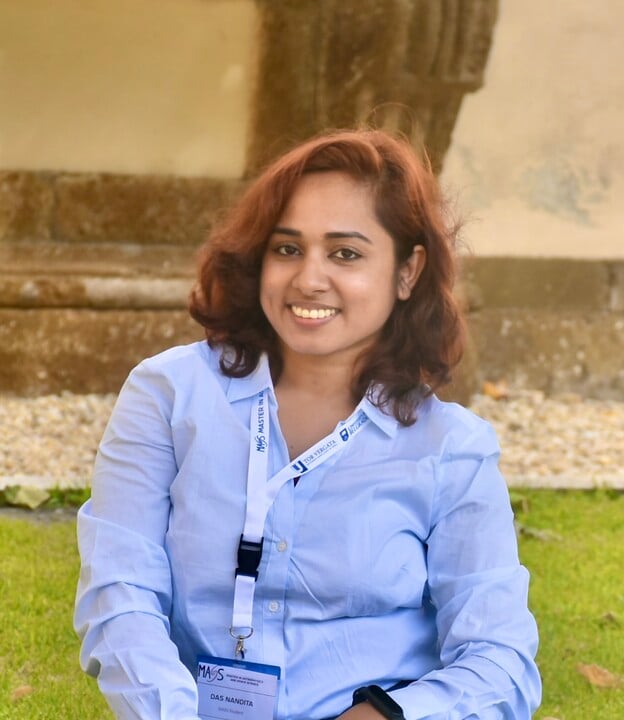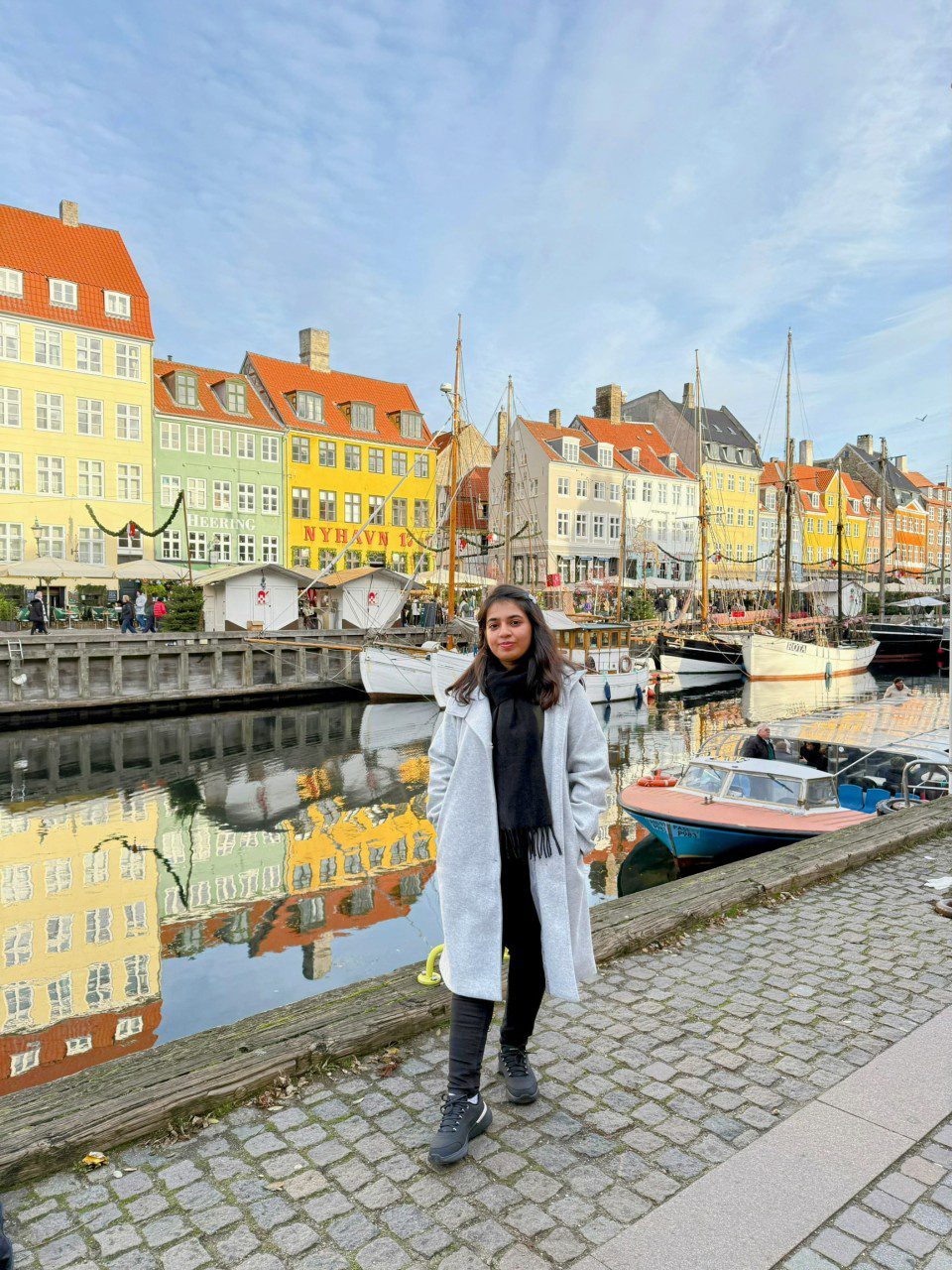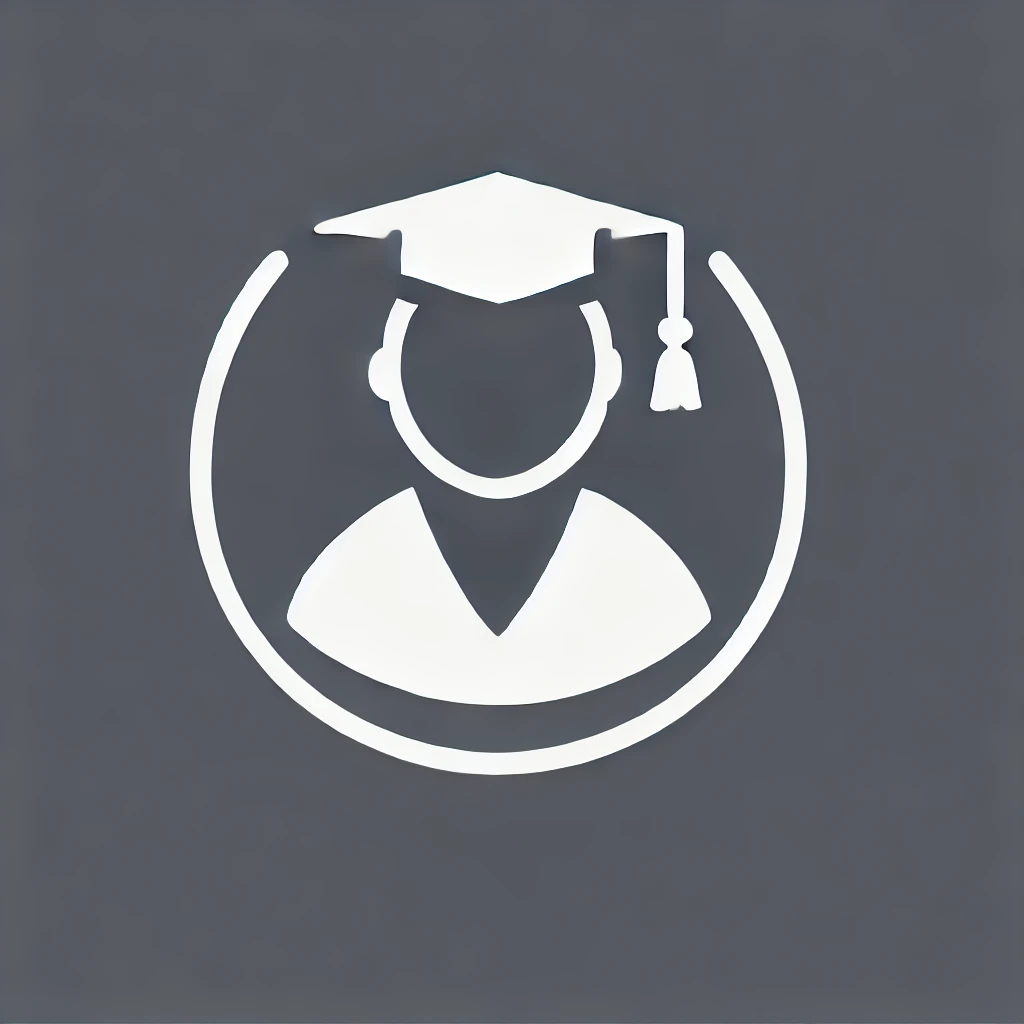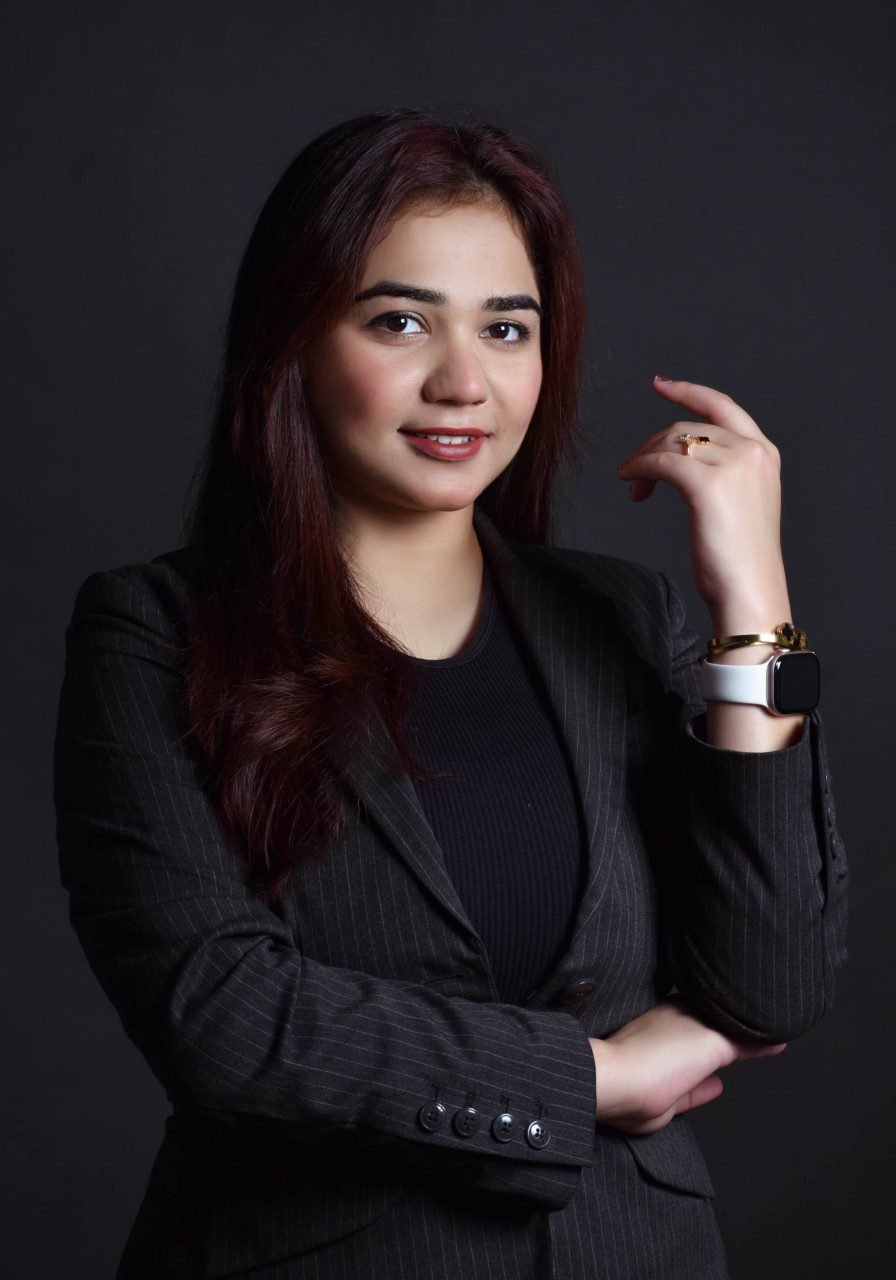How a Bangladeshi Mathematician Earned the Fully Funded Erasmus Mundus Scholarship to Study Astrophysics Across Italy, France, and Serbia
University: University of Rome “Tor Vergata” (Italy), University of Côte d’Azur (France), University of Belgrade (Serbia)
Degree: Master’s in Astrophysics and Space Science (EMJM MASS)
Previous Education: Bachelor’s and Master’s in Mathematics – Islamic University, Bangladesh
Scholarship: Erasmus Mundus Joint Master’s Degree – Fully Funded

The Journey
Hello! I’m Nandita Das from Bangladesh. I am a recipient of the Erasmus Mundus Scholarship for the Master’s in Astrophysics and Space Science (EMJM MASS). Currently, I am in my fourth semester working on a thesis at the University of Belgrade, Serbia. As part of this program, I have completed my 1st semester at the University of Rome “Tor Vergata”, Italy, and second semester at the University of Côte d’Azur, France, before moving to Serbia.
Educational Background
Before embarking on my journey with the Erasmus Mundus program, I completed my Bachelor’s and master’s in mathematics from the Islamic University, Bangladesh. Throughout my bachelor's studies, I developed a strong interest in the applications of mathematics to physics. My fascination with outer space began in seventh grade after the Columbia Space Shuttle disaster, which deeply impacted me, particularly the story of Kalpana Chawla, the first Indian-origin woman astronaut. Given the limited opportunities to study space science in my country, I chose to pursue mathematics—the universal language of the cosmos. In my final year bachelor’s project, I explored the applications of group theory in particle physics, focusing on symmetry groups, representation theory, and Lie groups. During my master's research, I worked on solving differential equations using the Differential Transform Method (DFT) and applied it to the Lane-Emden equations in stellar astrophysics. This hands-on experience with mathematical modelling in astrophysical contexts further fuelled my passion for pursuing a career in space science.
How Did You Prepare to Apply for the Erasmus Mundus Scholarship?
Studying astronomy, astrophysics, or space science abroad had been a lifelong dream of mine. After graduating in Mathematics, I actively began researching programs in the United States and Europe that aligned with my interests. But the COVID-19 pandemic brought unexpected challenges, and I chose to see it as an opportunity. I enrolled in several online courses, workshops, and training programs that deepened my understanding of astronomy and computational astrophysics in particular. Through these experiences, I gained hands-on skills to work on galaxy simulations and X-ray data analysis. These efforts not only strengthened my technical abilities but also reaffirmed my passion for space science, preparing me to pursue the program related to Astronomy with greater confidence and clarity. In 2022, I discovered the Master’s in Astrophysics and Space Science (MASS) program through an AstroMundus alumnus from my country, and without hesitation, I decided to apply.
I was particularly drawn to modules like “Astroinformatics,” “Big Data in Space Science,” and “Astronomical Techniques,” which beautifully merged my interests in observational and computational astrophysics. It was highly competitive, but I believe what helped me stand out was a clear narrative in my motivation letter, highlighting both technical preparation and personal resilience.
Could You Briefly Discuss the Erasmus Mundus Program You Pursued and the Specific Field of Study It Focused On?
Master in Astrophysics and Space Science (MASS) is a two-year Erasmus Mundus Joint Master’s Degree funded by the European Union delivered by a consortium of four universities across Italy, France, Germany, and Serbia. is an intersectoral, research-oriented program, focusing on six major pillars: Gravitation and Cosmology, Stellar Astrophysics, Exoplanets, Astrophysical Techniques, Astrostatistics and Big Data, and Space Science. It offers a combination of theoretical knowledge, practical experience with observational facilities, and hands-on training in data reduction and analysis of large astronomical datasets.
My personal focus within the program has been on observational astronomy. For my internship and thesis, I have been working on extracting broad emission-line properties from Gaia’s low-resolution spectra and comparing them with SDSS data using the FANTASY package, a project that merges my interests in data analysis and observational techniques.
MASS not only strengthened my academic foundation but also gave me a dynamic, multicultural experience, preparing me for future research and global collaborations in astrophysics.
How Did the Cost of Living Vary Across the Countries You Studied In? Which Country Was the Most Affordable or Expensive, and How Did You Manage Financially?
The cost of living varied across the three countries where I studied. Italy, particularly Rome, was the most expensive, with noticeably higher costs for rent, food, and transportation, even for student accommodations. In France, living in Nice was somewhat more manageable; staying in a university residence and accessing student dining halls helped keep expenses lower, although international products and dining out remained relatively pricey. In Serbia, in the capital city, Belgrade, accommodation, groceries, and general living expenses are also quite low and not challenging to manage. Also, the availability of free public transportation in Belgrade helped ease some of the daily costs.
To manage financially, I budgeted carefully and made full use of the Erasmus Mundus scholarship, which covered tuition, travel, living expenses, and health insurance. Having university fees and health coverage fully funded significantly reduced financial pressure throughout the program.
Did You Face Any Language Barriers, and if So, How Did You Overcome Them? Did the Language of Instruction Change From One Country to Another?
The language of instruction remained English throughout the program, so there were no academic challenges. However, outside the classroom, I did face language barriers, especially in Italy and France. Daily tasks like grocery shopping, using public services, or dealing with administrative work could sometimes be difficult due to limited English communication. I overcame these challenges by using translation apps, learning basic local phrases, and seeking help from classmates and locals when needed.
In contrast, my experience in Serbia is much smoother. I’ve found most people in Serbia speak English well, and they are helpful and welcoming, which made settling in much easier.
Would You Recommend the Erasmus Mundus Program to Others? What Advice Would You Give to Someone Considering This Scholarship?
Absolutely, I would wholeheartedly recommend the Erasmus Mundus program to anyone who dreams of gaining not just an academic degree, but a truly transformative life experience. Studying in different countries, being part of a multicultural cohort, and adapting to new academic and cultural environments have shaped me both professionally and personally in ways I had never imagined.
For anyone considering this scholarship, my advice would be to start early, be genuine, and stay persistent. Tailor your application to reflect your true passion and goals; don’t just list achievements, but tell your story. Highlight how your background, experiences, and aspirations align with the program's values. Also, be prepared to step out of your comfort zone, both academically and culturally, which is where the real growth happens.
Most importantly, believe in your journey even if it feels overwhelming at times. Erasmus Mundus is not just about studying abroad; it’s about building a global perspective, lifelong friendships, and skills that will stay with you wherever life takes you.
Looking Back, Would You Have Done Anything Differently During Your Time in the Program?
Overall, I am very satisfied with my Erasmus Mundus journey and would not change much. However, if I could do something differently, I would work on expediting the collaboration and paperwork process needed to secure visas for transitioning between countries after each semester. Having a smoother and faster transition would have reduced a lot of stress and allowed me to focus more on settling into the new academic environment.
From my personal lens, I wish I had started learning the local languages earlier—it would have helped with cultural immersion. I also would have documented my journey more, both for reflection and to inspire others. That said, every moment—academic or challenging—has contributed to my transformation.
Want to submit your
scholarship journey?
Submit Your Story Here!
More Scholarship Recipients

I am Sabeen Imran, coming from Pakistan, where I did my Bachelor's in Environmental Sciences from the University of Veterina .... Read more

My name is Ivena Nathania Victor; you can call me Ivena. I have a Master’s of Science and Master’s of Arts degree in Cli .... Read more

My name is Aisha Lareb, and I am from Sindh, Pakistan. Growing up, I witnessed the challenges faced by women in my community .... Read more

Leave A Comment